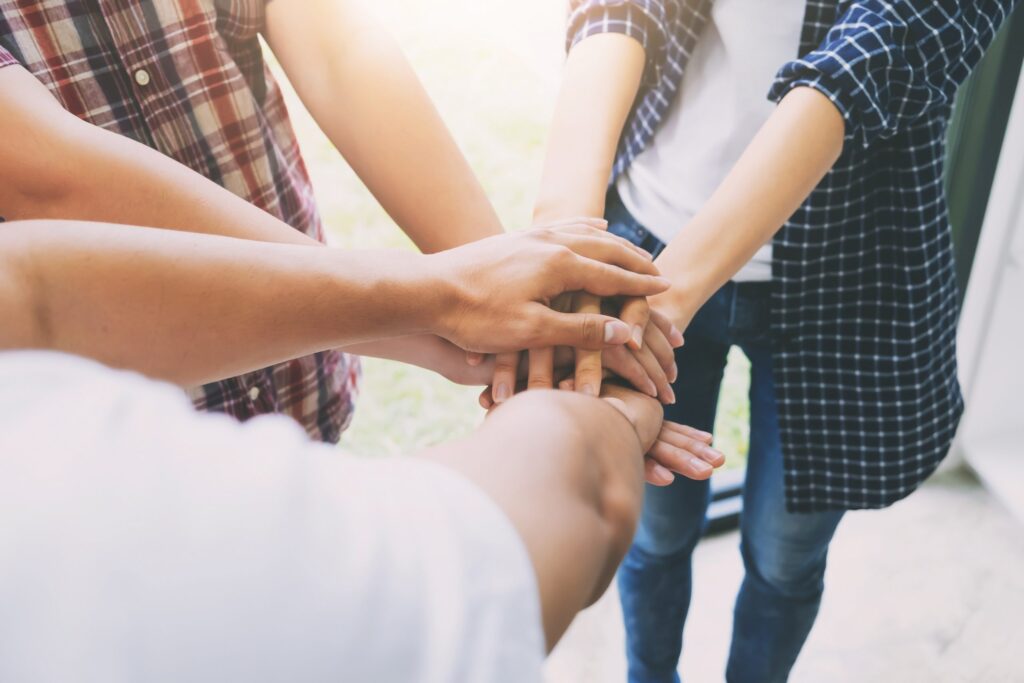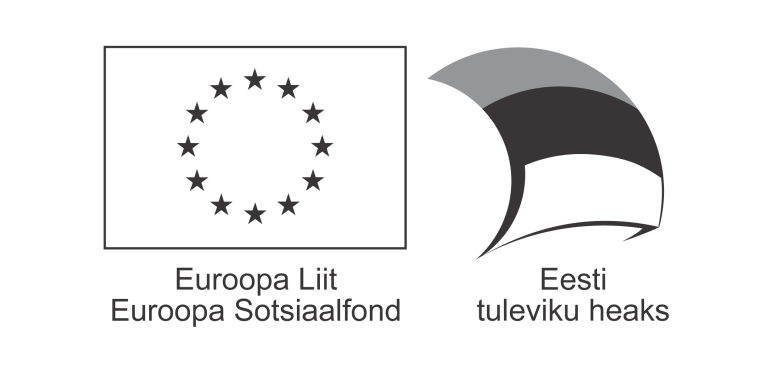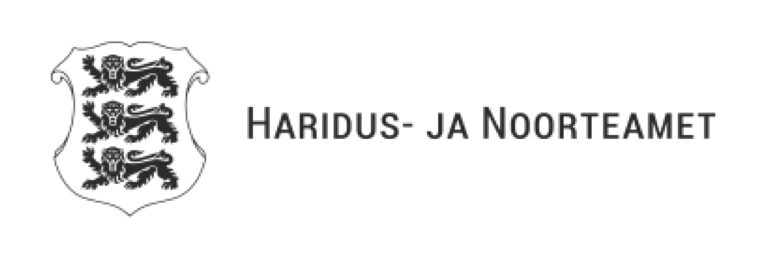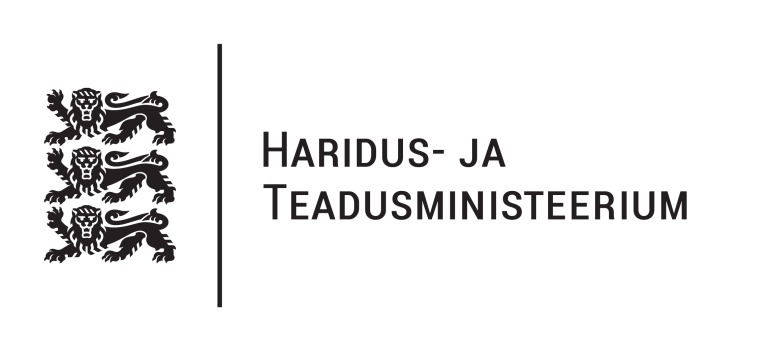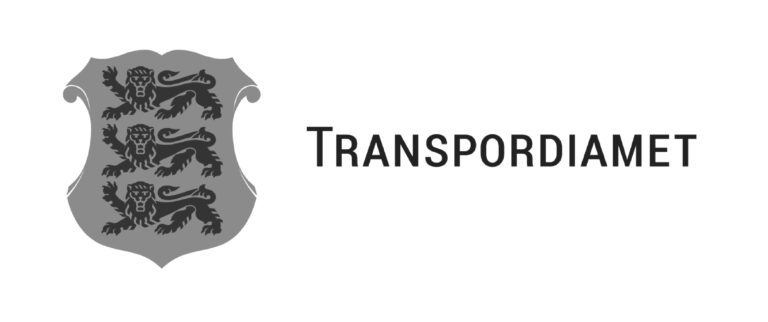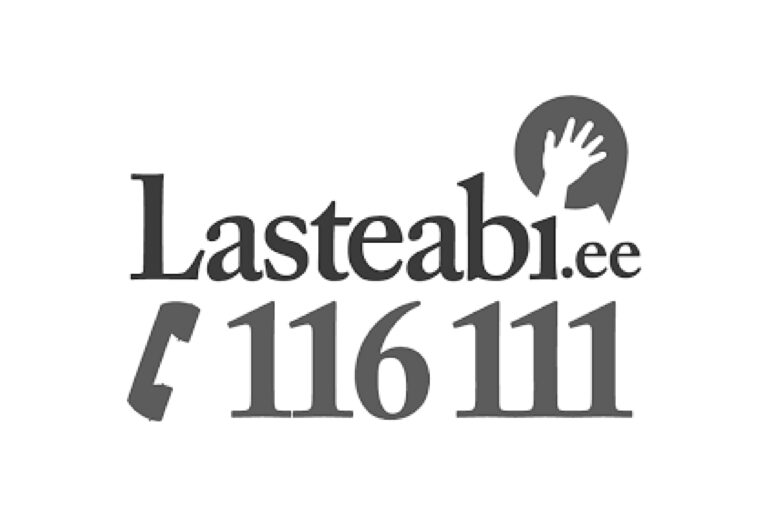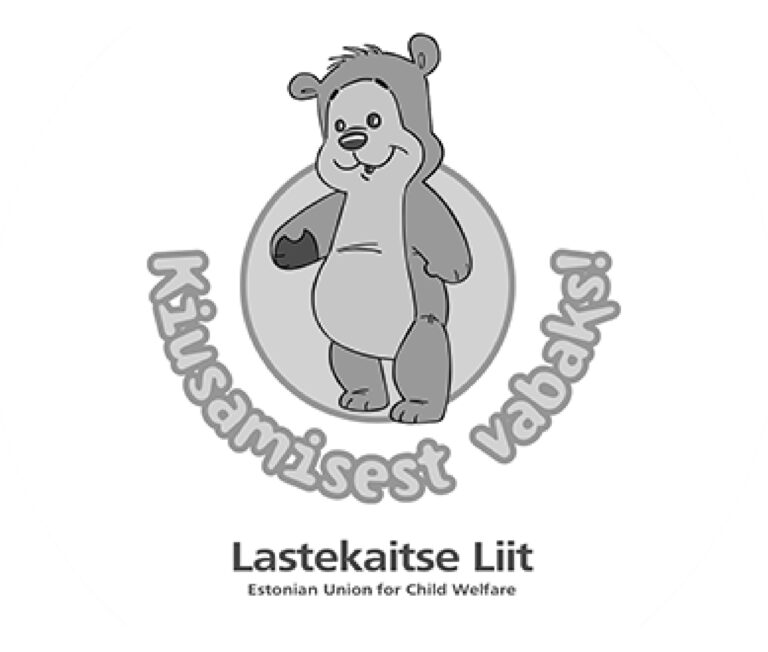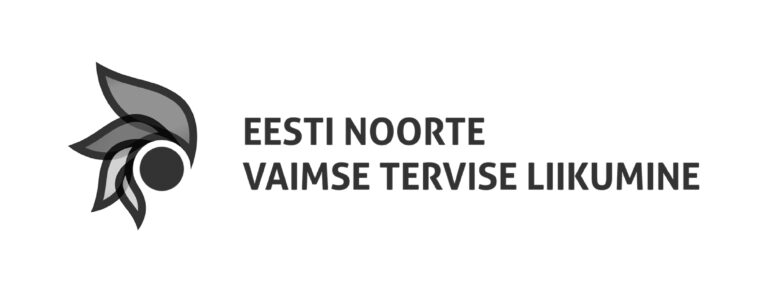I have, quite literally, grown up with the Union for Child Welfare. In our family, it’s a common joke that the situation in our family must be horrific because all the children have gone to the Union for Child Welfare. And it’s true that both of my brothers, in addition to myself, have at some point been closely involved with the Union. The first statement, however, is not true. I think that the reason why I am so interested in children’s rights issues has to do with the fact that I have had fantastic circumstances at home. I can safely say that we have the best, most united family, because I am well here. And it’s always been a desire of mine for every other child to feel the same. To feel cared for, and comfortable, because we all deserve that.
I remember that even when I was very little, I would always have some questionnaire in my hand that needed children’s opinion. My interest and journey started with those questionnaires. I was in the fifth or sixth grade when the Union for Child Welfare’s youth council was revived. There was no question, of course I wanted to be a part of it right away. The first change in me was that a shy girl became a person who thought and expressed her thoughts. With the first year alone, I gained so much confidence and learned to perform better and to express my opinion. Some people get involved in debating to gain these qualities, but I can totally recommend working as a children’s rights activist.
One of the most useful things that I’ve learned is to think of solutions instead of problems. Of course, in the youth councils, we have thought about different concerns in young people’s lives, but my every experience has ended with coming up with some kind of a solution.
I’ve also had a lot of moments of sincere pride. It’s always great when a project undertaken by the youth council receives positive feedback. That is how we know that we are doing important work. The highlight of my career has been being a member of the Eurochild youth council. Just being a member of such an influential organisation is a point of pride, but what we have done together is even more awesome. I cannot believe that I have spoken at the European Commission forum, at European Parliament events, interacted with MEPs and decision-makers! It’s amazing!
And the best part is that I have met wonderful children who are quite literally world-changers. Children who stop at nothing and keep trying until the adults really listen to them. They are authentic superheroes!
At the same time, I have thought about how good life is in Estonia and how it could still be so much better. Especially when it comes to listening to and involving children. Actually, things have been pretty good with listening to children. Every school has a student council, many rural municipalities and cities have youth councils, many decision-makers work on the principle that children should be involved in decision-making, Estonia has a children’s ombudsman… and this list could go on. We have huge privileges compared to many other countries where young people don’t even know that such a thing as children’s rights exists. So, on a global scale, Estonia is doing very well with involving children. Yet you can always do better. Not to contradict my first statement, I am not going to focus on the shortcomings but instead I will highlight some solutions that have been floating around lately. They were largely inspired by the recent European Commission children’s rights forum.
To avoid future crimes, we must show children what they did wrong, not just punish them. It is important how we bring children back into the society, into the community. By helping them understand what they did wrong and helping them get back on track, we can avoid future crimes.
Representatives of minority groups are much weaker and more vulnerable. For example, in the current welfare society, there should be no reason for statements like ‘black lives matter’. Every life matters, every person has rights. Why aren’t those being respected…
The aforementioned problems are not decisive in Estonia, but we should offer support and set an example to other countries. Cooperation helps us evolve!
The current crisis will help us reshape the future. We must not aim to normalise the previous circumstances but to create an even better welfare society. Let’s not move backward. Let’s move forward.
In reality, there are many ways to include young people in important decision-making. Even the crisis this year has shown how many ways there are to interact with a lot of people without physically going to them. We don’t have to wait for the yearly forums and conventions to include children.
Schools are the best places to spread information among young people. There is something quite extraordinary in Estonia – student councils and youth councils. Many other countries don’t have those. There is no point in constantly creating new networks and youth councils when there are already groups that involve almost all young people in Estonia. First, information could flow through student councils, and another proposal is that decision-makers could and even should attend student union gatherings.
Schools need to strongly introduce integrated curricula with global citizenship education which means that children could understand and make sense of their surroundings in a global space, that what I am doing here and now affects other people in the world. Forums and portals where, on the one hand, children can find information in a child-friendly language, and, at the same time, comfortably express their opinion, are necessary. This precisely in a language they like most. Be it sincere words or self-creation.
Every topic ultimately comes back to children’s rights. So, to address other concerns, children’s rights must first be made a societal norm. Rights are rights and you cannot violate them!
Child-friendly is everyone-friendly. Child-friendly language us not some made-up language that nobody else understands. These texts are just simply written and more attractively decorated. Simplicity is charming!
In conclusion, life in Estonia is already beautiful and people want to listen to us young people. If we don’t give up and fight sustainably for our rights, then maybe soon we will not just be heard but also listened to. Everyone, everywhere, anytime. If not us, who?
What is the youth council of the Union for Child Welfare?
The youth council that operates within the Union for Child Welfare brings together active young people who have a lot of ideas and even more will to change things, organise and do. The youth council was created on June 1st, 2004 and, currently, has over 40 members. The youth council is also noted in the statute of the Union for Child Welfare.
One of the goals of the youth council is to support the participation of young people and involve them in questions that directly affect their lives. The youth council gives children and young people a chance to be heard, to pitch their ideas and execute them.
The article was compiled in collaboration with the youth council of the Union for Child Welfare.
The Union for Child Welfare is an association that contributes to ensuring the rights of the child and shaping a child-friendly society.
Published in the youth information portal Teeviit in 2021.
